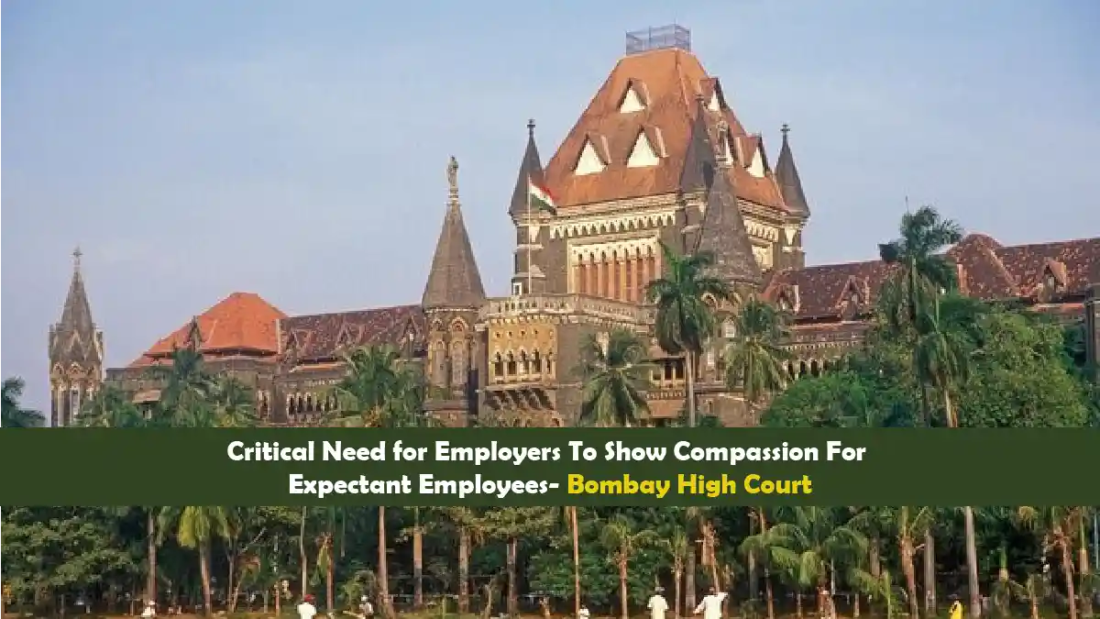Introduction
The Bombay High Court on 10th May 2024 ordered the Airports Authority of India (AAI) to provide maternity benefits to a female employee and highlighted the critical need for employers to show compassion for expectant employees. Following the court’s overturning of the AAI’s denial of her request for maternity leave, this directive was issued.
Facts of the case
The AAI’s correspondence rejected the employee’s request for maternity leave was at the center of this case. Petitioner filed a writ petition under Article 226 of the Indian Constitution on 28th January 2014. According to the AAI Leave Regulations 2003, the employee’s refusal was justified by the fact that she had more than two living children.
Petitioner’s Arguments
Petitioner stated that her first marriage ended in 1997 with one child. But in 2004, following the death of her first husband in 2000, she was hired by the AAI on a compassionate dismissal basis. She later got married again and had two kids, one in 2009 and one in 2012. After the birth of her second child, the AAI denied her request for maternity leave, citing the cap of two surviving children.
The Petitioner argued that since she had only given birth to two children after joining the organization, the AAI regulations should not apply to her. They emphasized the purpose of maternity leave, emphasized that she had not used it for her first childbirth, and claimed she was entitled to maternity benefits for her second child’s birth.
Respondent’s Arguments
Respondents’ stated that Petitioner was not eligible for maternity benefits as per the regulations because she had two living children at the time of her third delivery. They insisted on focusing on the quantity of children she had, since that, in their opinion, disqualified her from maternity leave.
Court’s Observations
The HC examined the intent behind maternity leave after going over the submissions and pertinent laws. It emphasized how important it is to guarantee fair and compassionate working conditions as well as maternity leave, as required by Article 42 of the Constitution. The court clarified that the regulation’s goal was to offer benefits related to maternity leave, rather than to slow down population growth.
The court emphasized in its ruling how laws must change to reflect the changing social realities. It emphasized the need to liberally interpret beneficial regulations in a way that is consistent with their intended goals. The petitioner’s prior refusal to request maternity benefits for her 2009 child was also noted by the court, highlighting her entitlement to do so for any future pregnancies.
Court’s Decision
HC allowed the petition, and emphasized that Petitioner was entitled to benefits related to her maternity leave. It stated that she had only given birth to two children while working for the AAI and that, following the birth of her second child, she had requested maternity leave. The woman must receive maternity benefits from the AAI within eight weeks after the court ruled that the agency’s denial was unreasonable.
 Cart is empty
Cart is empty 

